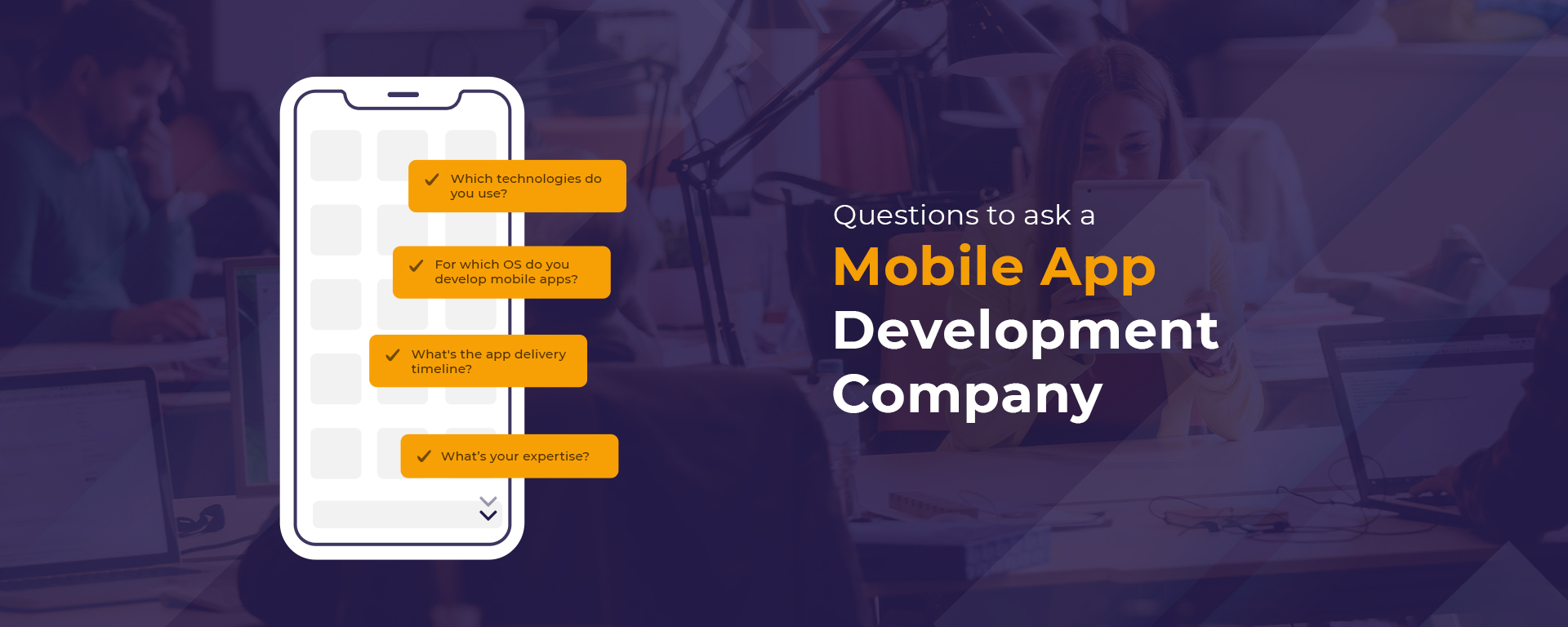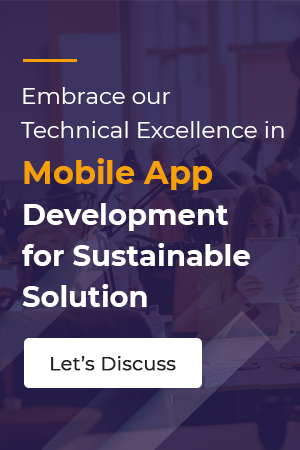There is a significant difference between a company that is ready to satisfy the business requirements of most and a custom mobile application development company that can deliver a custom solution designed specifically for you.
A much simpler way to find the right fit for your requirement is to search using Google. In my experience, I have come across many entrepreneurs and large businesses who want to leverage mobile app development services to build new capabilities such as:
- Build a mobile app for eCommerce or any other vertical.
- Project management mobile app for internal usage.
- Develop a new product based on trending mobile apps like K Health, The Pattern, Breethe, and more.
- Explore Whitelabel mobile app partnership opportunities.
From the four points mentioned above, you can observe the extent to which the requirements for mobile application development can vary. Hence, it becomes essential to identify which mobile app development company will suit your budget, ethics, policies, and, most importantly, deliver the solution within the right time frame.
To enable you to make an informed decision and build a lasting partnership, I decided to write a blog post on essential questions that you need to ask a mobile app development service provider before selection. Doing so will enable you to gain insights on multiple fronts such as technology, business value, hidden costs, and more.
List of Questions to Ask Before Hiring a Custom Mobile Application Development Company
1. Which operating systems or platforms do you develop a mobile app for?
Usually, if you ask this question, you may hear the same answer from most companies – we provide both Android and iOS mobile app development services. Here, it is vital to rethink your marketing strategy, as well as your target audience.
If you know the platform preferred by your target audience, you may choose to proceed with one platform at first. The primary advantage you get is – while you launch your mobile app for one platform and start measuring key performance indicators (KPIs), you can proceed with the development of a mobile app for the other platform. By following this economically optimized way, you are already earning and have partially established the presence among your target audience.
2. Which development environments do you support?
Most mobile app development service providers support two development environments – native and cross-platform. Native development is for a specific platform, and while using cross-platform, as the name suggests, the mobile app can be used on more than one platform.
There are a few factors which you should know about before deciding whether to choose native or cross-platform mobile app development services. The most important deciding factors are:
User Experience – There is a significant difference between how different platforms such as Android and iOS handle human-computer interaction. The native mobile app development enables you to accelerate the value through usability engineering and make the most of what each platform has to offer.
Performance – Native mobile app development offers the best performance because the developer interacts with the capabilities that are unique to a specific platform. Research done by leading institutes indicates that performance impacts the level of user satisfaction as well.
To decide whether you need to move forward with native or hybrid app development, project requirements should also be considered beforehand. Criteria such as technology, infrastructure, scalability, competition, and changing economic indicators play an essential role.
3. Which mobile app development technologies can you work with?
The Android and iOS app development ecosystem revolves around the Kotlin, and SwiftUI, respectively. Both programming languages enable a mobile app developer to write safer and more concise code. However, mobile applications are no longer limited to smartphones.
Let’s fast-forward to the current year 2020 and see the capabilities you can leverage to implement your vision or build a competitive advantage. Smart wearables such as a smartwatch is another area that you can explore. Other areas to explore within mobile app development are augmented reality (AR), machine learning (ML), voice-based commands for Google Assistant or Apple Siri, and more.
4. How long will it take for your company to deliver the mobile app?
There are different methodologies for mobile app development, which can be used to deliver the solution within the agreed-upon time-frame. For example, to develop a mobile app where time to market (TTM) is vital, agile methodology can be used.
If a mobile app development company uses the traditional waterfall model to deliver the solution, the time-frame may be anywhere from three to twelve months. The best option will be to choose a company that uses an agile methodology, where the concept of sprints is used.
Let’s build a use-case where we have to develop an eCommerce mobile app that uses live user location tracking, push notifications, and voice-based application commands. Now, let’s divide the requirements into sprints of three weeks each. In the first sprint, a working mobile app will be delivered with a live user location tracking and push notification feature.
Now, your target audience can use the mobile app, and you can collect their feedback. In the second sprint, the voice-based application commands feature will be integrated. These are imaginary time estimates, but I hope you get the idea of how a project is delivered using the agile methodology.
Hence, the agile approach not only enables you to test drive your mobile app but also implement the changes collected after listening to your target audience.
5. What is your expertise within the mobile app development?
Different industries require specific solutions that can address the pain areas within that vertical, and a custom mobile app development company may have expertise in various sectors.
To elaborate this further, let me take the example of FATbit itself. We hold a firm grasp over product development and eCommerce mobile app development. Our expertise is made tangible through our range of eCommerce platforms, which offers mobile applications as well.
Similarly, a mobile app development service provider may hold a firm grasp in industries such as on-demand, online rental, health, hospitality, entertainment, transport, education, real estate, and more.
6. What if I find a bug in the delivered mobile application?
It is challenging for any company to achieve a one hundred percent pass percentage during the testing phase of mobile app development. Usually, the pass percentage decreases with an increase in the number of lines of code. Almost every mobile app development company makes the mobile app go through the testing phase, but the existence of multiple factors increases the chances of a bug to surface at a later stage.
After your users have started using your mobile application, it is common for a bug to surface in the first three months and rare for it to surface after six months. We acknowledge this and provide one year of free technical support from the date of delivery of the mobile app.
Stay ahead of Competition with a Custom Mobile App to suit your Unique Requirements.
Moving Forward
Research by SmartInsights suggests that smartphone usage is gradually improving. This unique trend in the mobile app ecosystem enables us to see what the future holds. Businesses need to understand the difference between quantity and quality to find the right custom mobile application development company. If your focus is on quality mobile app development service, then feel free to share your requirements with us using our contact us form.

